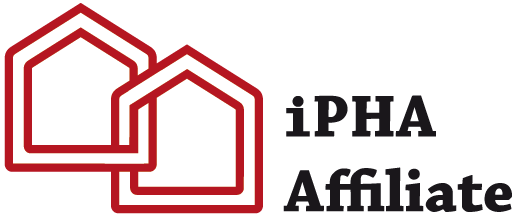Member Code of Conduct
Member & Sponsor Code of Conduct V2.0 10/04/2019
1. Declaration of Consent
The members of the Passive House Institute New Zealand (PHINZ) and the International Passive House Association1 (
- Referring to Passive Houses and the components suitable for their construction as exclusively those buildings/components that fulfil the Passive House Standard criteria as set out by the Passive House Institute (see www.passivehouse-international.org)
- Avoid the ambiguity that arises from using uncertain terms such as ‘near Passive House’ or similar
- Keeping abreast of the latest developments and knowledge in the Passive House field through training courses and the like
- Highlighting energy efficient products and methods to clients, thereby seeking to motivate the selection and use of such products and methods
- Informing clients openly about costs and opportunities for savings
- Offering consistently high quality as well as opportunities for quality assurance
- Immediately disclose any conflict of interest to the client, where a conflict exists, arises or may potentially arise
- Act in a professional manner in their dealings with other professionals, other members of PHINZ and PHINZ representatives and staff
- Not engage in any conduct which brings PHINZ or iPHA into disrepute.
2. Logos
Members and sponsors are encouraged to use the PHINZ membership logo supplied to them on sign-up, on their website, correspondence and any other media
The PHINZ logo without member or sponsor level indicated must not be used, as its use is reserved for board business, exclusively
3. Language
To avoid potential legal liability and reputational damage, members and sponsors must
For all other projects, where the Passive House Standard as defined in the Certification documents cannot be validated, terms that introduce ambiguity need to be avoided.
Explicitly, buildings that have obtained Passive House Institute Low Energy Building or EnerPhit Certification should not be called Passive House but PHI Low Energy Building and EnerPhit Certified Retrofit respectively
Moreover, as the Passive House Standard is a built standard, not a design standard, the Standard needs to be referenced in its entirety, including on-site verification, and the full certification process, not just modelling a building in the Passive House Planning Package (PHPP).
4. Member Continuing Professional Development
Although not all PHINZ members are certified practitioners, all members are expected to keep up to date with the latest developments in the Passive House Standard. Training, through the Passive House Academy, attending the annual Gathering and South Pacific Passive House Conference, participating in International Passive House Open Days events and through informal contact/events with fellow members are great ways of maintaining a high level of relevant knowledge.
These expectations do not apply to sponsors, whose principle commercial activity is not building and designing Passive Houses.
5. Member General Conduct
PHINZ is a charitable trust supported by memberships, sponsorships and donation. While PHINZ members do not form part of the governing structure of the trust, they have a degree of responsibility to the public in ensuring good conduct in the building industry.
As such, members must acknowledge a duty of care towards their clients and the public, ensuring delivery of high-quality advice, services and products.
Members are strongly encouraged to share their knowledge with the public to help advance PHINZ charitable purposes
These expectations do not apply to sponsors, whose principle commercial activity is not building and designing Passive Houses.
6. Disciplinary Process
If complaints regarding the conduct of a member are received by the PHINZ board, they will be investigated by the board and considered at the next board meeting (or by special meeting if circumstances warrant).
The penalties available to the board are as follows:
- That the member be warned
- That the member be censured
- That the member’s membership
be cancelled.
